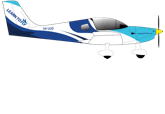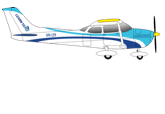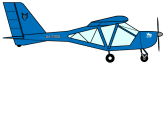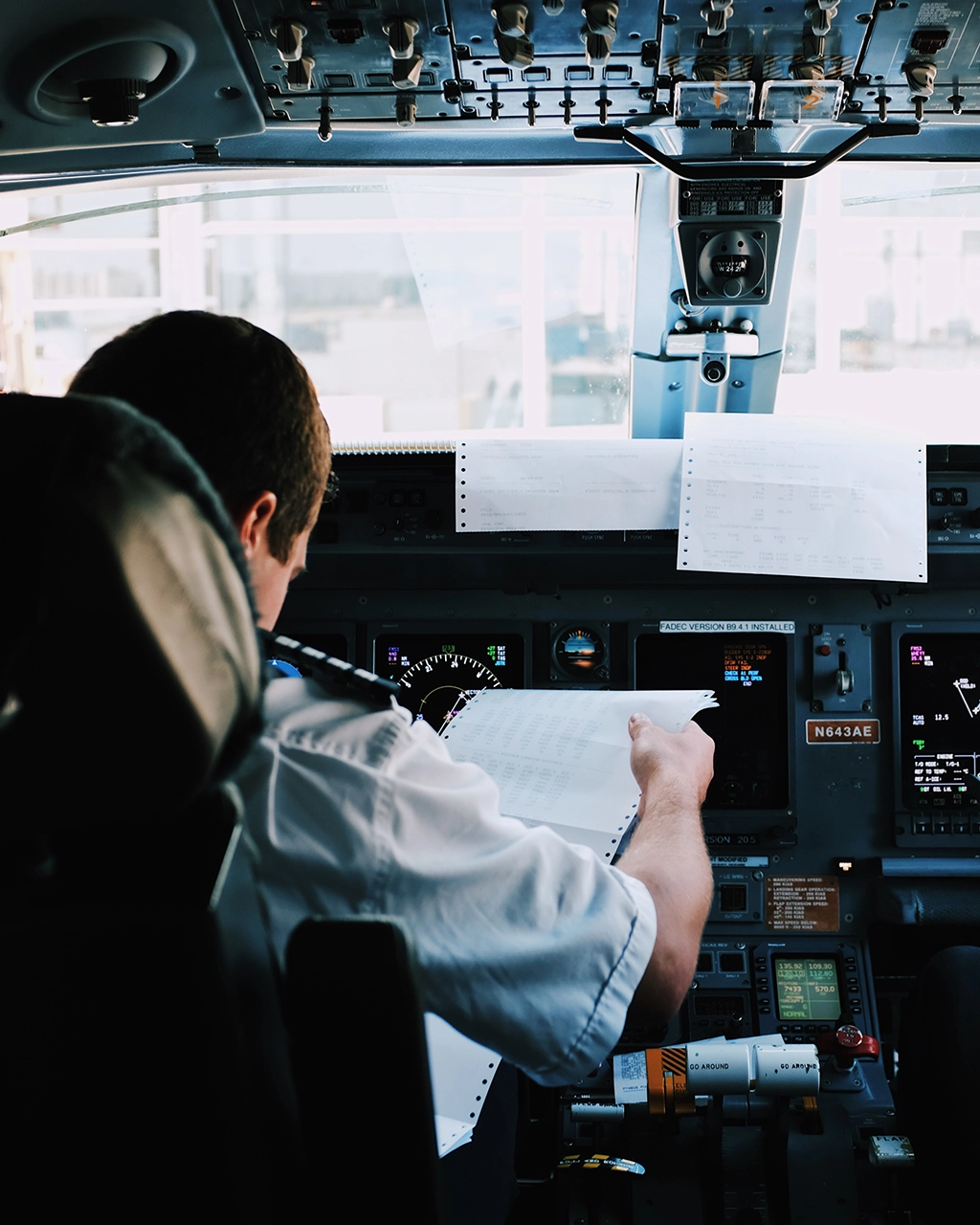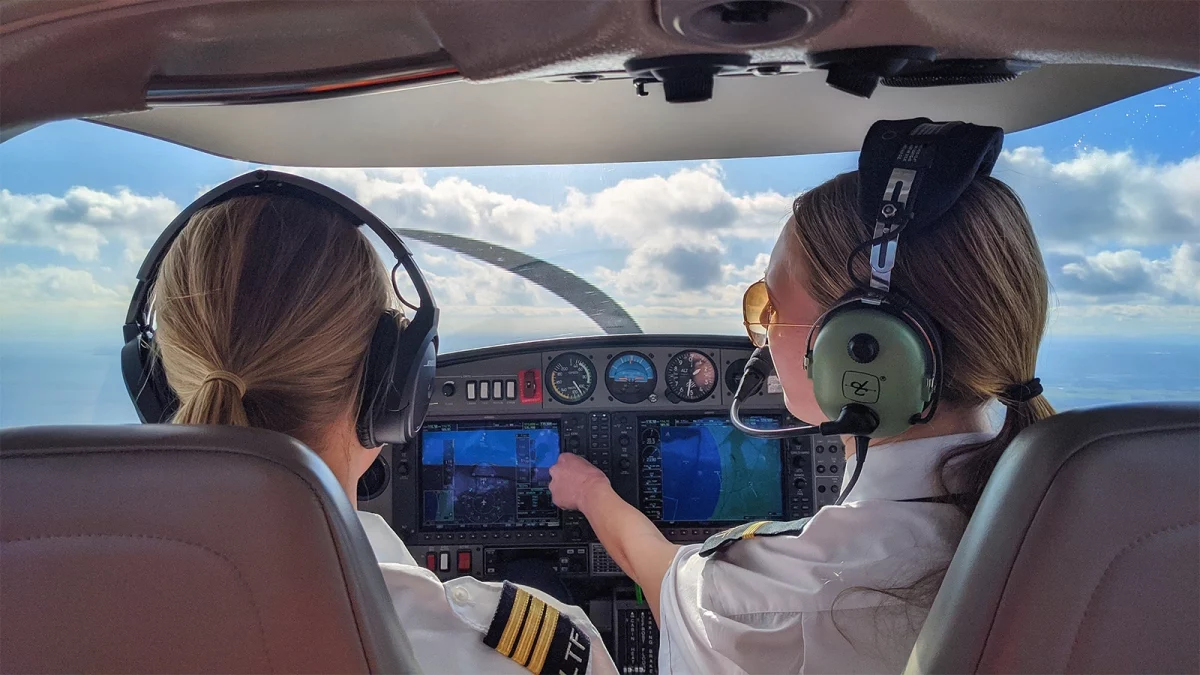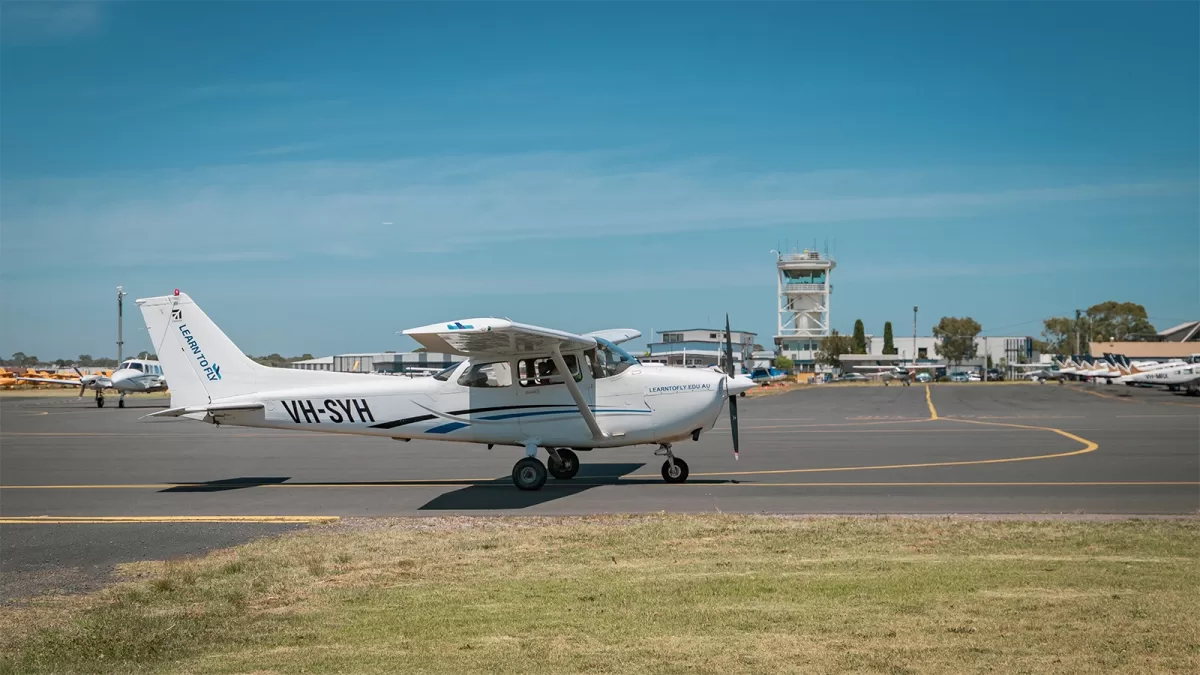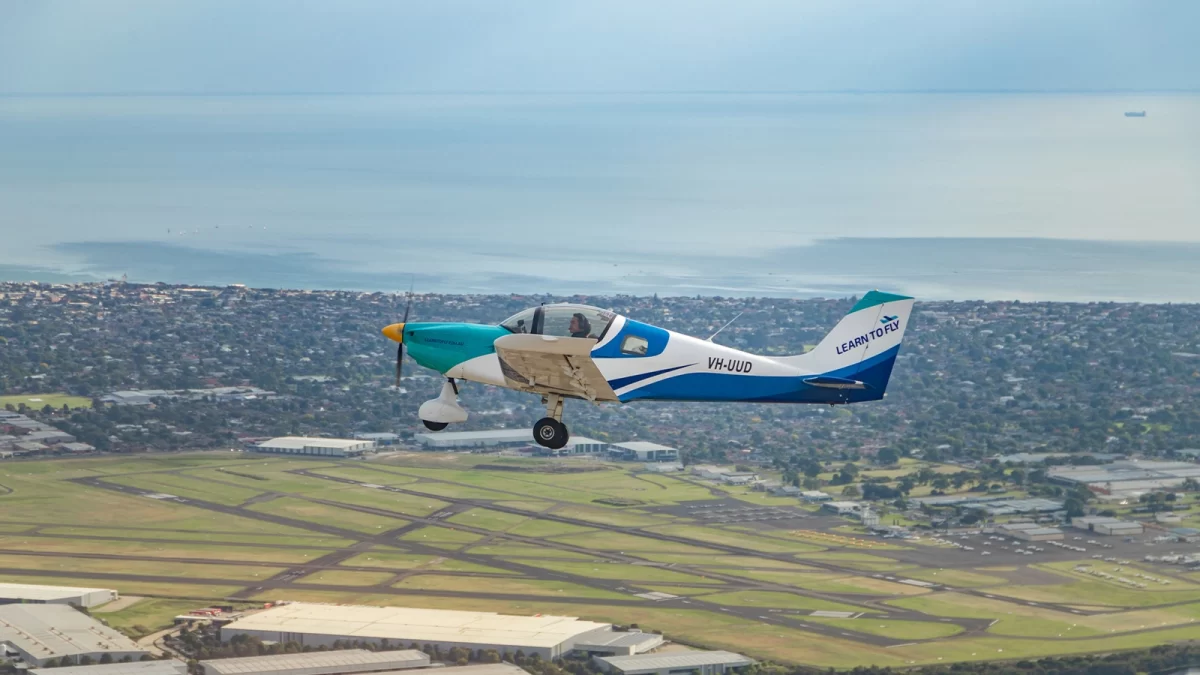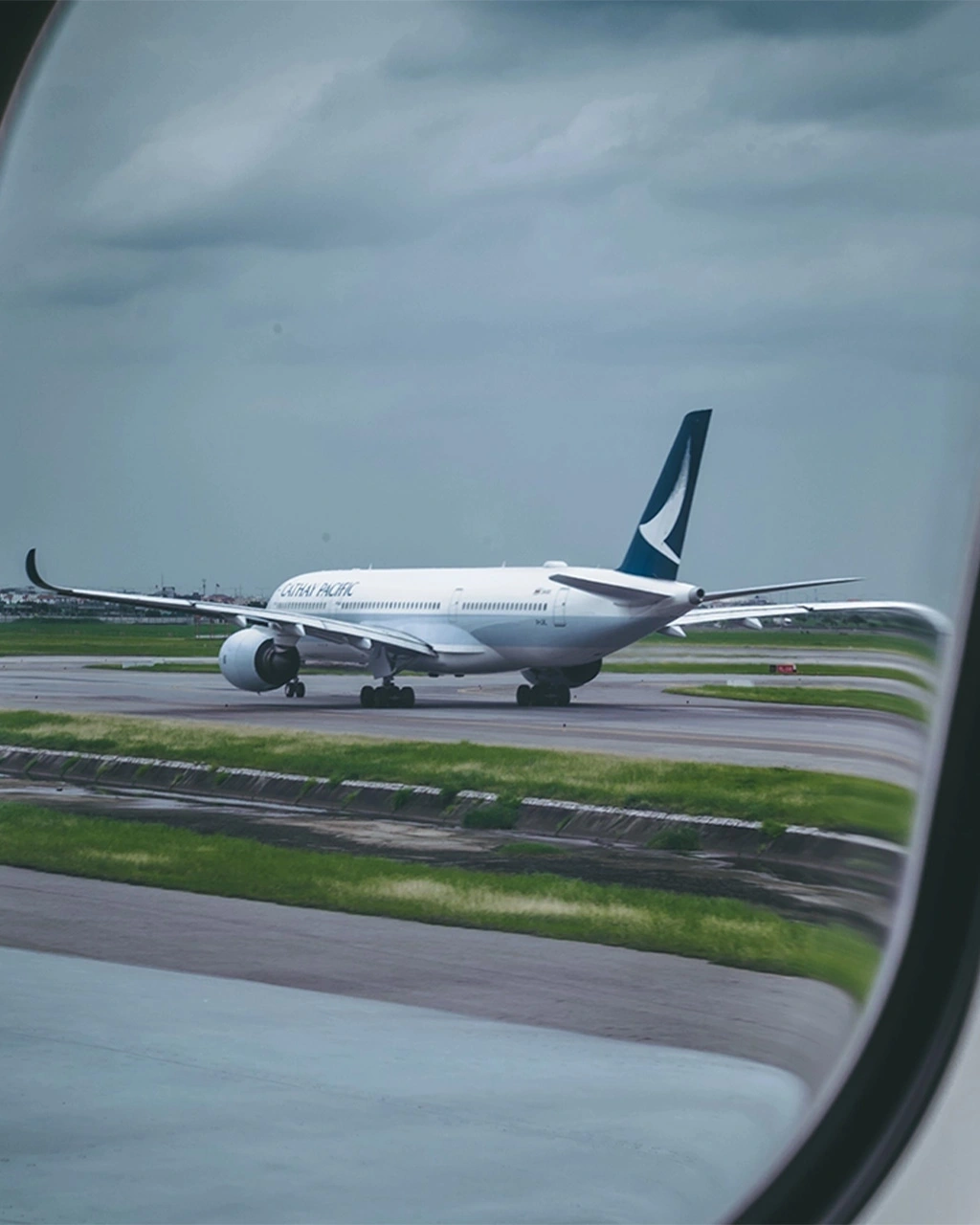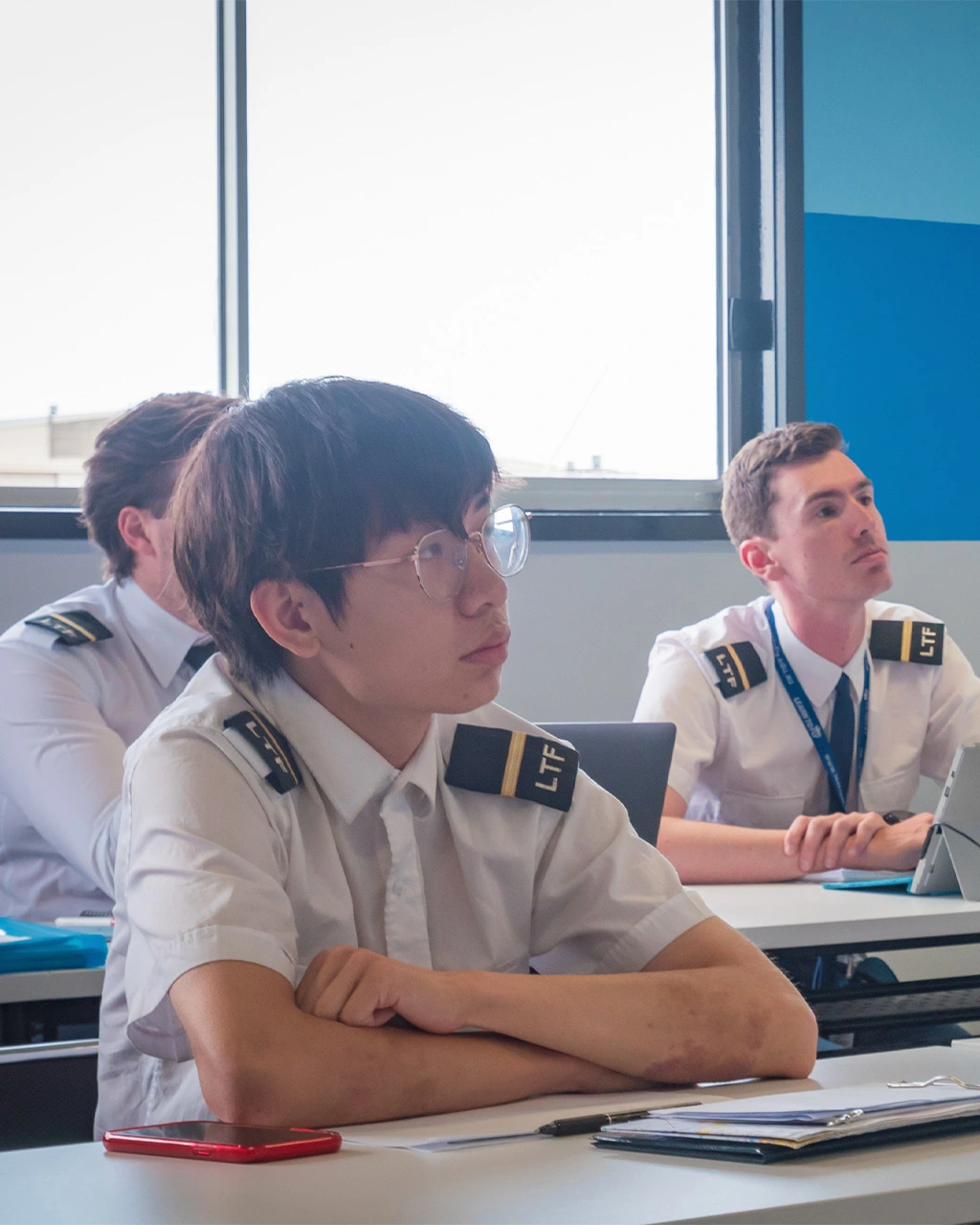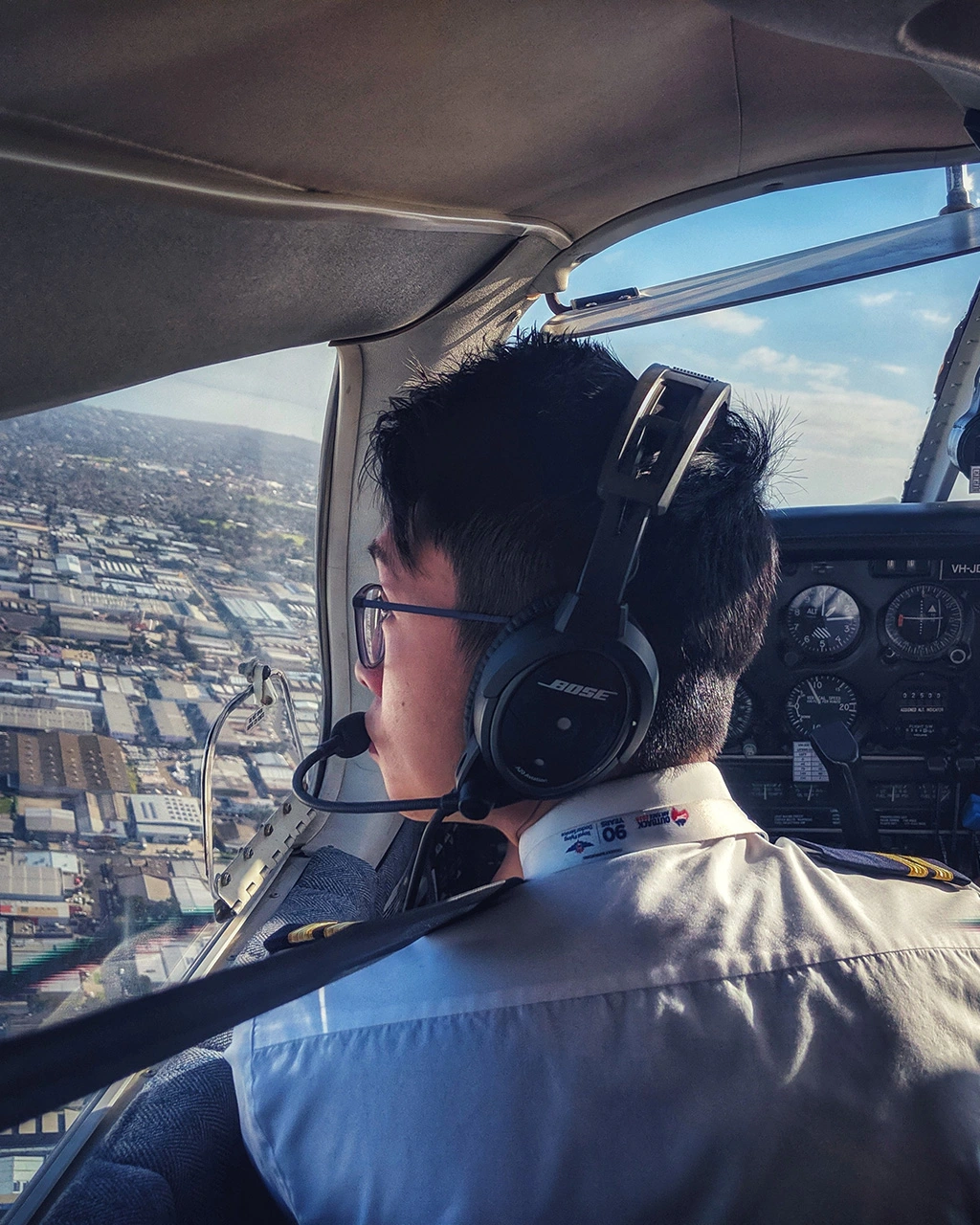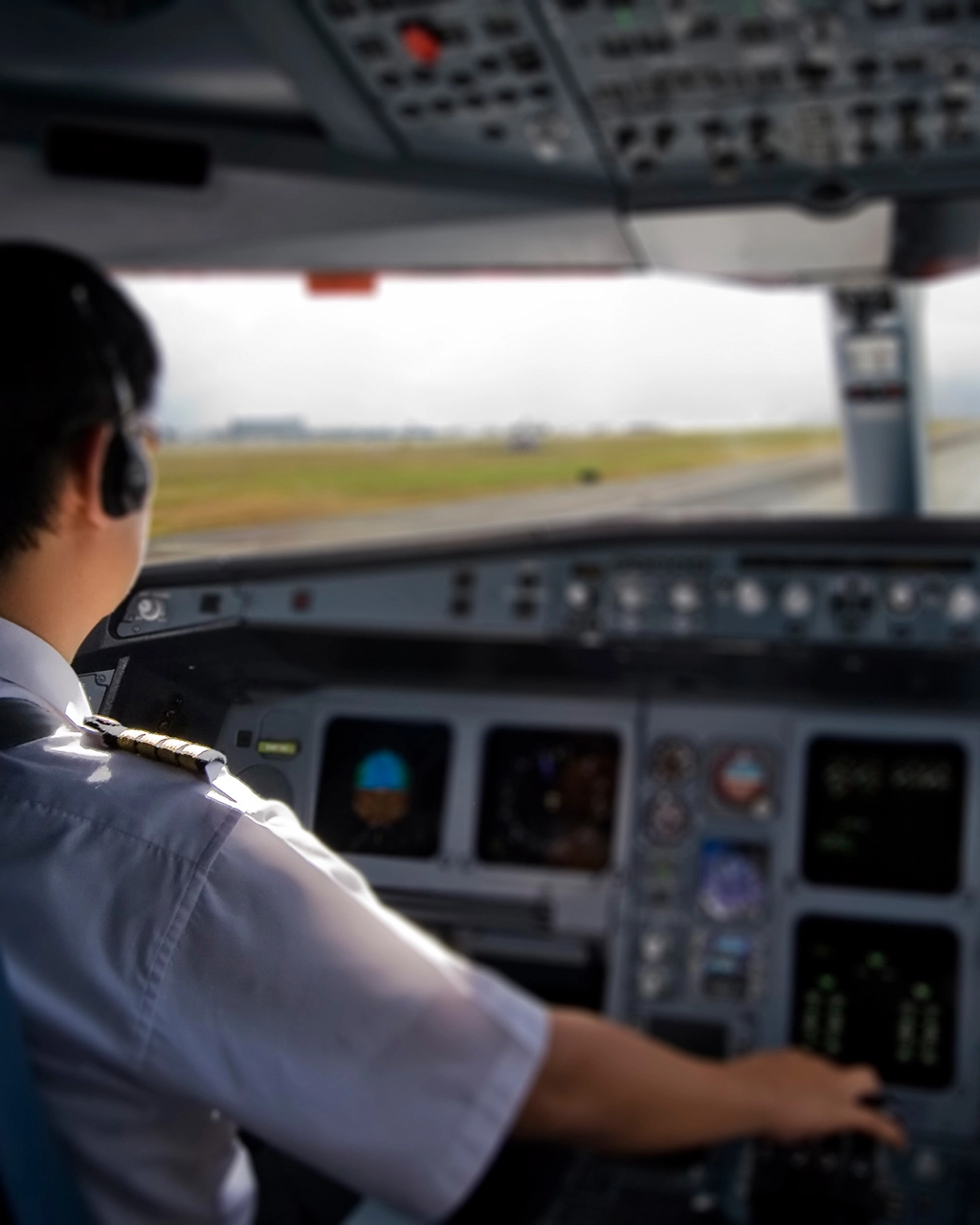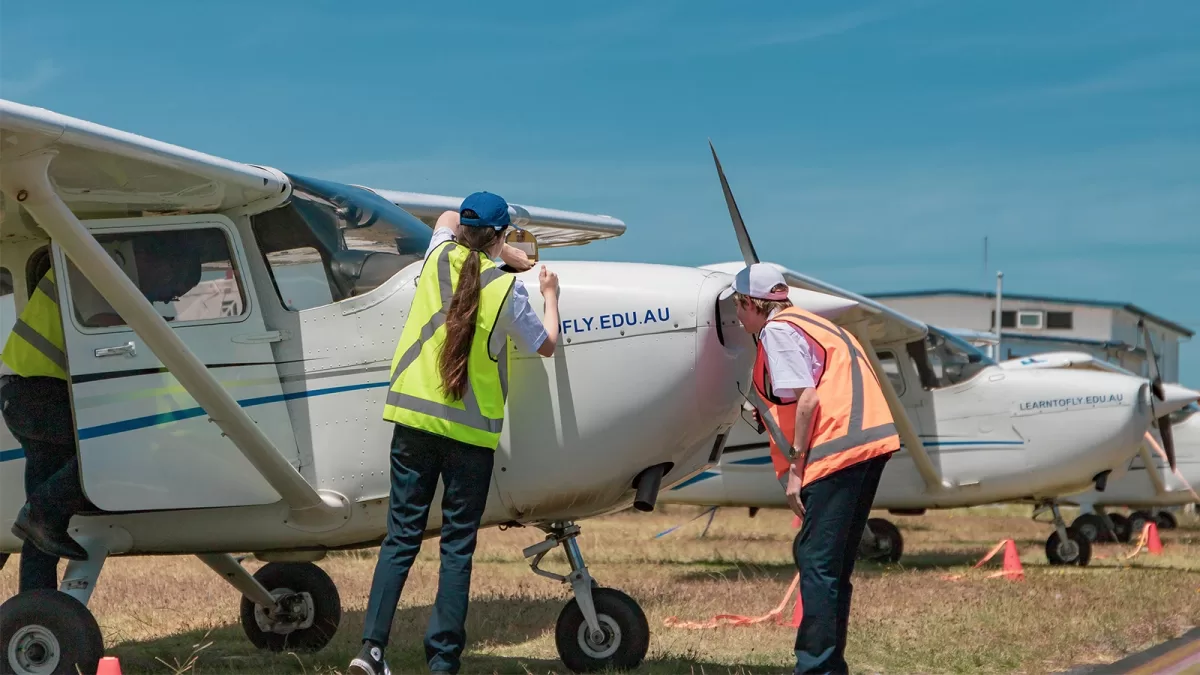Airline cadet programs are one of the most common and practical ways to become a pilot with a professional flying career. If you’re aiming to join a major airline cadet program, there are many specific aspects that you can prepare for so that your application will be as strong as it can be. Here is our essential guide for candidates wishing to join an airline cadet program.
1. Know what cadet programs are
An airline cadet program is a training and employment package that allows a major airline to train its pilots from the ground up. Training will usually be provided in an integrated way that may include ground school (theory), simulator training, and structured airline-style flight training, usually with the expectation of achieving a commercial pilot license in Australia or equivalent level of certification in other countries. Programs are usually quite prescriptive, requiring candidates to complete set curricula and evaluations and typically last around 18–24 months. Graduates are then guaranteed employment with the airline and can work toward their airline career progression.
2. Know the eligibility criteria
Airline eligibility requirements vary, but some common standards for entry include:
- Age: Usually 18 years or older.
- Education: Secondary education or equivalent, often with good results in subjects like maths, English, and sometimes physics.
- Medical: Valid Class 1 aviation medical certificate.
- Citizenship: Must be a citizen or have permanent residency rights in the country of the airline.
Starting out with a PPL license in Australia can be an advantage, as it can sometimes offer a head start in the selection process and build a foundation of basic flying skills. In some cases, airlines might even have beginner programs for younger candidates.
3. Build a strong school, academic, and personal profile
Candidates don’t just need to have flying skills; airlines will also want to recruit people who will best represent their corporate culture and values. To strengthen your application:
- Excel in your high school results, particularly in maths and science subjects, to demonstrate strong analytical skills.
- Use your English language skills and show that you can communicate clearly and concisely.
- Build your professional and soft skills to demonstrate resilience, collaboration, and leadership to the airlines during your application. This can be from work, school, sporting teams, or volunteer roles.
Candidates who have taken formal aviation courses like a commercial pilot license in Australia tend to have a stronger academic foundation than those who are self-taught, which can be a clear advantage in an airline interview process.
4. Prepare for the selection process
The selection process is very competitive and may include the following elements:
- Aptitude Tests: These assess hand-eye coordination, spatial awareness, logical reasoning, problem-solving, decision-making, and other cognitive skills.
- Personality and Psychometric Testing: This tests a candidate’s fit with the airline culture and ability to cope with job pressures.
- Group Exercises: These evaluate teamwork, leadership, communication, and problem-solving skills.
- Technical Interviews: These can assess general aeronautical knowledge, even for candidates without a PPL license.
- HR Interviews: These tend to be more open-ended, asking about your career motivations, goals, and fit with the airline’s values.
Candidates with prior aviation studies may have an advantage when it comes to aeronautical knowledge and technical aptitude during the selection process.
5. Get some aviation experience beforehand
Cadet programs are generally accessible to people without any prior experience, but having a little flying background can help set your application apart and may also mean that you’re less likely to struggle with simulator assessments. Ways you can gain aviation experience include:
- Booking a trial flight
- Getting a PPL license in Australia
- Logging some actual flight hours
6. Build up your non-technical skills
Pilot interviews and selection criteria will also look for non-technical skills like leadership, clear communication, and decision-making, all of which will be important to master as part of the CRM training component of a commercial pilot license in Australia. Focusing on these elements before you apply is always a good idea. You can do this by:
- Taking leadership roles in various clubs or sports teams.
- Training in decision-making techniques.
- Learning to cope with stress or difficult situations.
7. Save money and prepare your lifestyle for the program
Airline cadet programs can be costly, although many airlines will subsidise or finance a large part of the training. You should research the following elements in advance:
- Cost of training
- Living conditions
- Time
8. Follow airlines to know when cadet programs open
Cadet programs usually have specific times of the year when they open up for applications and then close once they are full. Make sure you know when programs are recruiting by:
- Bookmarking airline careers pages and regularly checking them.
- Subscribing to industry newsletters or aviation forums.
- Networking with pilots or instructors who may know when intakes open.
9. Demonstrate your passion
Of course, enthusiasm and dedication are two of the most important ways that you can stand out in a pool of candidates. Airlines need pilots who have a real desire to fly and will commit to flying long-term, so showing passion is extremely important.
10. Be persistent
If you aren’t successful on your first attempt, don’t despair. Many airline pilots take more than one attempt to get into a cadet program, and many people eventually achieve their goal of becoming a pilot in a major airline. If you don’t get into a cadet program the first time around, consider:
- Requesting feedback
- Accruing more flight hours
- Enhancing your education or knowledge.
- Then, reapply at the next intake.
Airline cadet programs can be an exciting and effective way to enter an airline career. For most airlines, PPL license in Australia is not a requirement. Whether you start out with a PPL or a more structured program like CPL in Australia, as long as you are prepared, perform well in interviews, and demonstrate your passion for flying, you are more likely to be considered.


